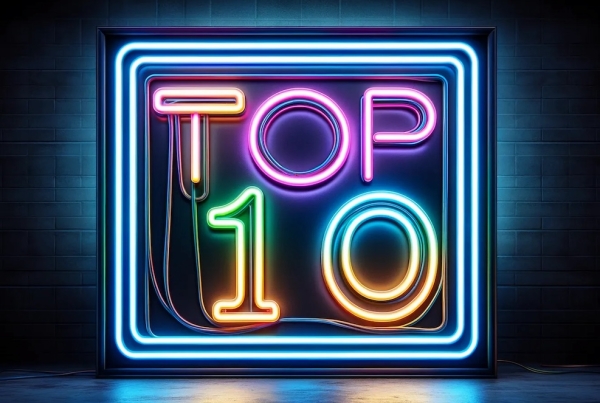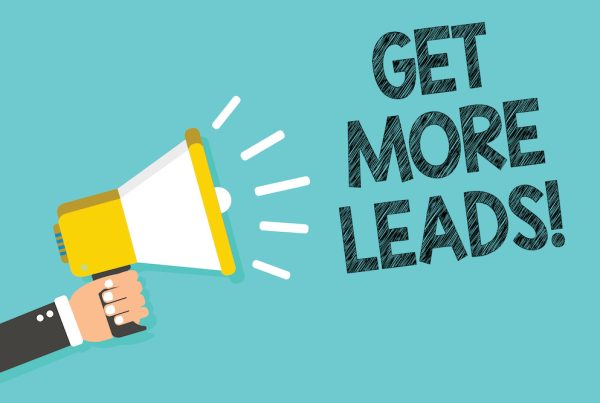The new year is approaching fast and marketers are itching to find the best strategies that drive conversions and strengthen their competitive edge in 2025. Right now, we’re seeing popular marketing strategies evolve in the blink of an eye, shifting to meet changes in technology and consumer behavior. Personalization, automation, and data-driven tactics are a few of the top strategies used this year and will continue to evolve with the integration of AI and other advanced technology. Companies are also prioritizing brand influencers and video content to engage more effectively with their audiences, while immersive content is beginning to take center stage on company websites. With the continuous advancement of digital marketing over recent years, there’s no doubt that this new year will bring a force of advanced marketing strategies. Now is the time to rethink your strategies and capitalize on what’s coming next.
Why You Need a Solid Marketing Strategy
A well-crafted marketing strategy is at the heart of any successful business. It aligns your brand with its goals, guides your content, and keeps you competitive in the industry. Crafting your marketing strategy is where the marketing funnel comes into play. It illustrates the stages a potential customer moves through before making a purchase, including awareness, consideration, decision, and retention. A strong marketing strategy should guide prospects through each phase, increasing the likelihood of conversions and long-term loyalty. Without a solid approach, businesses risk misallocating resources and miss out on valuable growth opportunities.
Leveraging emerging strategies and trends within your marketing funnel will ensure your business stays at the forefront of the industry, allowing you to reach audiences, boost conversions, and guide your business toward innovation and growth.
Let’s tap into the future and take a closer look at the key marketing strategies you’ll want to adopt in 2025.
Top Marketing Strategies of 2025
1. Think AI for Content Marketing and SEO
In the past year, AI has moved from being a futuristic concept to a core tool used in modern marketing strategies – and it’s not going anywhere. In 2025, we can expect marketers to leverage AI for improved efficiency and personalized customer experiences in their content marketing and SEO strategies. By analyzing vast amounts of data, AI enables brands to understand their audiences on a deeper level and predict future trends. Other tools like AI-powered chatbots, content generators, and predictive analysis help improve processes, enabling businesses to create personalized content at scale and enhance their search rankings.
From an SEO perspective, AI can help your content rank higher in search results by analyzing data on search engine algorithms, user behavior, and keyword performance. With tools such as HubSpot and Jasper.ai, businesses can also create content tailored to individual user preferences, boosting engagement and driving more conversions. However, keep in mind that it’s important to not depend on AI-written content as Google prioritizes unique, human-written content.
2. Data-Driven, Personalized Marketing
Today’s consumers are no longer satisfied with generic marketing tactics. Rather, consumers expect content that speaks directly to their needs and preferences. Introducing data-driven personalization. This top strategy enables businesses to offer tailored experiences at every touchpoint in the buyer’s journey. First-party data, such as browsing behavior, purchase history, and customer preferences provides marketers with a surplus of consumer data to help predict consumer behavior and preferences, then use that information to deliver hyper-targeted campaigns.
Personalization is not limited to digital ads, but extends to customized emails, product recommendations, and website experiences. By leveraging data-driven personalization, you’ll stay ahead of your competition, increase user engagement, and boost conversions. Big brands like Netflix and Spotify have already gone full-swing with this approach to deliver personalized content recommendations that keep users engaged for longer periods. Take it from them – data-driven personalization is here to stay.
3. Rank Higher with High-Quality Content
Even with the emergence of AI-driven content, high quality content still reigns and will continue to be a top strategy in 2025. The demand for informative, engaging, and valuable content will grow as more businesses shift toward content-driven marketing strategies. This content can come in the form of blog posts, eBooks, whitepapers, infographics, or detailed guides that offer solutions to customer pain points.
The large-scale benefits of publishing high-quality content are that it drives organic traffic, establishes your brand as a thought leader in your industry, and helps nurture leads, guiding them through the decision-making process. Additionally, SEO-optimized content that answers common search queries can improve your search engine rankings and visibility. If you’re an avid user of AI-driven content, keep this strategy in mind to ensure the content you’re delivering is personable and provides value to your viewers.
4. Build Thought Leadership with Blogs and Case Studies
Blogging is the OG of content marketing, and its impact will remain strong throughout 2025 as businesses continue to share their industry expertise with audiences. Regularly posting insightful blogs builds authority in your industry, enhances SEO, and nurtures your customer relationships. Not to mention, blogs serve as a great hub for addressing industry trends and offering solutions to customer challenges.
Recently, we’re also seeing that blogs alone aren’t enough. Case studies are another tool that businesses are beginning to leverage, showcasing real-world examples of how products or services solve specific problems. They are powerful social proof, demonstrating your expertise and the scalable benefits that your business offers. When you combine blogs and case studies in your marketing strategy, you’re setting the stage to build credibility, attract new leads, and nurture existing ones.
5. Podcast and Audio Content Marketing
If you’re an active user of TikTok or Instagram Reels, you may have noticed an influx of podcast snippets this year. Podcasts are becoming an outlet for storytelling, education, brand building, and are an appealing option for busy consumers who only have access to audio. Businesses can leverage this trend by creating informative and engaging podcasts that cover relevant topics, customer success stories, or interview other industry experts and enthusiasts.
When you leverage podcasts and other audio content, your business can establish greater authority in your niche while creating a personal connection with your audience. Also try repurposing podcast content into blog posts, social media snippets, or even eBooks to help maximize its reach and impact. This new strategy involves more logistics and resources to get started, but investing in audio content is key to reaching your audiences where they are most comfortable.
6. Old Content Optimization
Are you letting your old content go to waste? One of the simplest and most overlooked strategies is reusing old content while optimizing for relevance and SEO performance. In 2025, this strategy will become a crucial step in content marketing. Start by auditing your existing content such as blog posts, videos, and infographics to identify which pieces are underperforming. Update the content with fresh information, new statistics, and relevant keywords to improve their ranking and drive more traffic to your site.
This top strategy also helps maintain your authority, showing that your brand is constantly evolving and staying on top of industry trends. In 2025, search engines will continue to prioritize updated and relevant content, so keeping your previous work fresh is a must.
7. AR and VR Marketing
Two emerging features that are becoming powerful tools in shaping the customer experience are Augmented Reality (AR) and Virtual Reality (VR). These immersive technologies create engaging experiences that allow consumers to interact with products and brands in ways that weren’t possible before. In 2025, we can expect to see more brands integrating AR and VR into their campaigns to offer virtual try-ons, product demonstrations, and interactive storytelling.

Popular brands like IKEA and Sephora are already using AR on their sites, offering customers virtual experiences that enhance the buying process. Integrating VR and AR in your marketing strategy levels up your customer buying process by providing memorable and personalized experiences that drive sales, increase engagement, and improve your brand loyalty. Why not start the year off right with a win-win strategy?
What’s Next?
As we look toward 2025, marketing strategies will continue to evolve and be led by technology, personalization, and high-quality content that ranks. From leveraging AI for content creation and SEO to creating personalized experiences and using AR/VR for immersive marketing, businesses that adapt to these trends will boost their competitive edge. Whether you’re an expert marketer or just starting out, integrating these strategies into your marketing plan ensures that your business stands out in the industry and meets the needs of your audience. It’s important to remember that a solid marketing strategy is not just about adopting the hottest trends, but it involves finding the strategies that work for your audience to create meaningful, engaging experiences. So, are you ready to create marketing magic that leaves a lasting impact in 2025?
About IN2communications
IN2communications is an award-winning digital marketing and web design agency helping hundreds of B2B organizations create awareness, boost consideration rates and generate sales leads.
Our awesome team provides experienced expertise in the following areas: Creative Strategy, B2B Campaigns, Web Development, Video Production, Social Media, Paid Advertising, SEO, Email Campaigns, Blogging, Presentations, Webinars and remarkable Content Creation.






